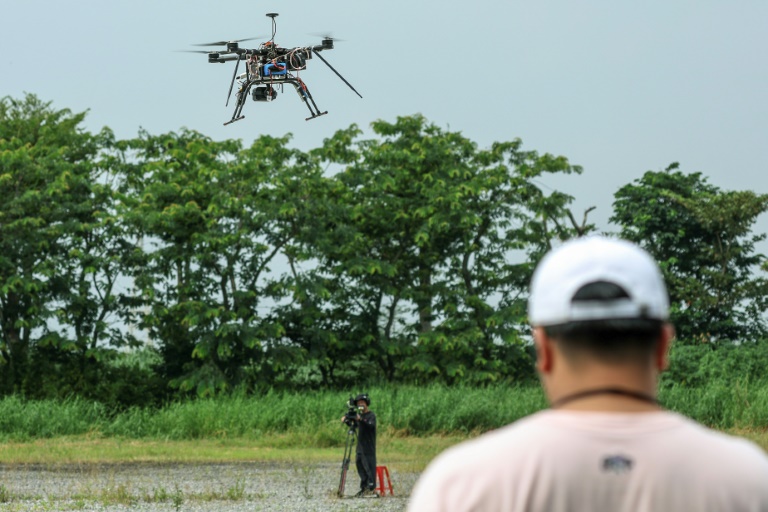If you thought the pandemic and AI revolution changed work in the past four years, get ready for epic changes coming in 2024.
During the past three years, the world of work was turned upside down by the COVID-19 pandemic. Technology saved the economy by enabling millions to work from home using video calls, cloud services, and collaboration software.
Then last year, generative artificial intelligence (genAI) changed everything; 2023 was its “breakout year,” according to a survey-based report by McKinsey. The 2023 surge in awareness about large language model (LLM)-based genAI technology resulted from OpenAI’s release of ChatGPT and DALL-E tools in 2022.
This category of AI has been in development for decades in hundreds of university and corporate labs. But OpenAI was the first to offer the tools to the public (and to developers through application programming interfaces (APIs) as well as to users of Microsoft’s Bing search engine). Easy availability triggered a surge in usage. “ChatGPT” became a mainstream brand. Other organizations scrambled to make their own research publicly usable.
Now, in the world of business technology, genAI is everything.
It started last spring. By April, a quarter of C-suite executives were using genAI for work and a quarter of boards of directors were talking about using it in the workplace, according to McKinsey, even as both executives and board members remained concerned about the accuracy of AI output.
That concern reveals that some view genAI tools as a kind of search engine, confusing the ability of the technology with the quality of the datasets available tools are trained on. In 2024, that confusion will be clarified for many because companies will take a hybrid approach to implementing the fast-evolving technology at work.
The big move away from canned data began in November, when OpenAI’s Sam Altman announced GPTs that enable users to create custom versions of ChatGPT for specific purposes. GPTs enable the user’s own data to augment ChatGPT’s training dataset.
Over time, tools that enable organizations’ (or industry’s) own data will demonstrate that AI chatbot “hallucinations,” as well as other transgressions, arise because of the data, not the AI technology. Using custom data sets will prove vastly more powerful for true insight and actionable results than generic ones.
In any event, the OpenAI chatbot scenario will turn out to be a relatively minor part of the genAI contribution to productivity and knowledge work. In 2024, the technology will be baked into cybersecurity, software development, productivity, customer service, human resources, fleet management and other software and cloud tools. In general, these AI features will help people cope with rising complexity in all things and give them an edge in analysis and pattern spotting.
GenAI use will grow vastly more relevant with more specific data inputs and integration into focused…
2024-01-01 15:00:03
Link from www.computerworld.com rnrn


















